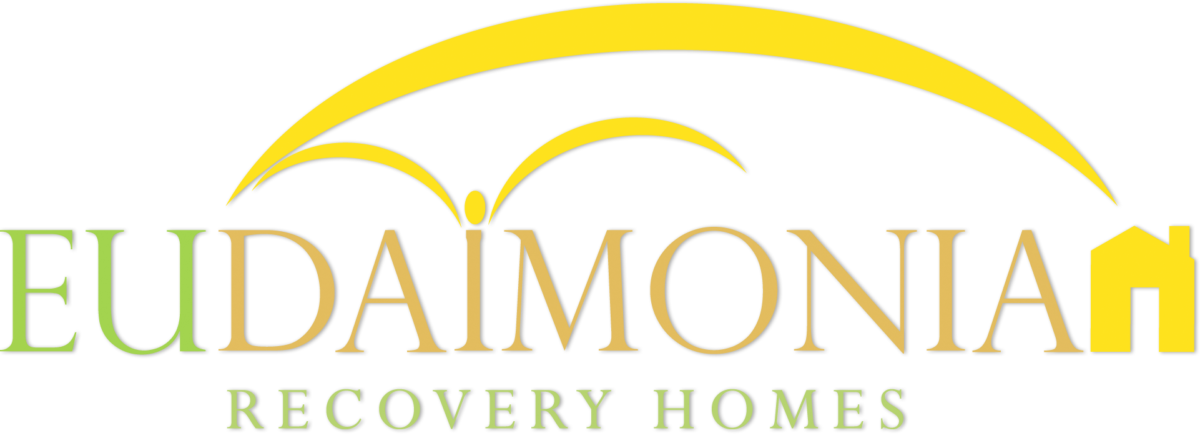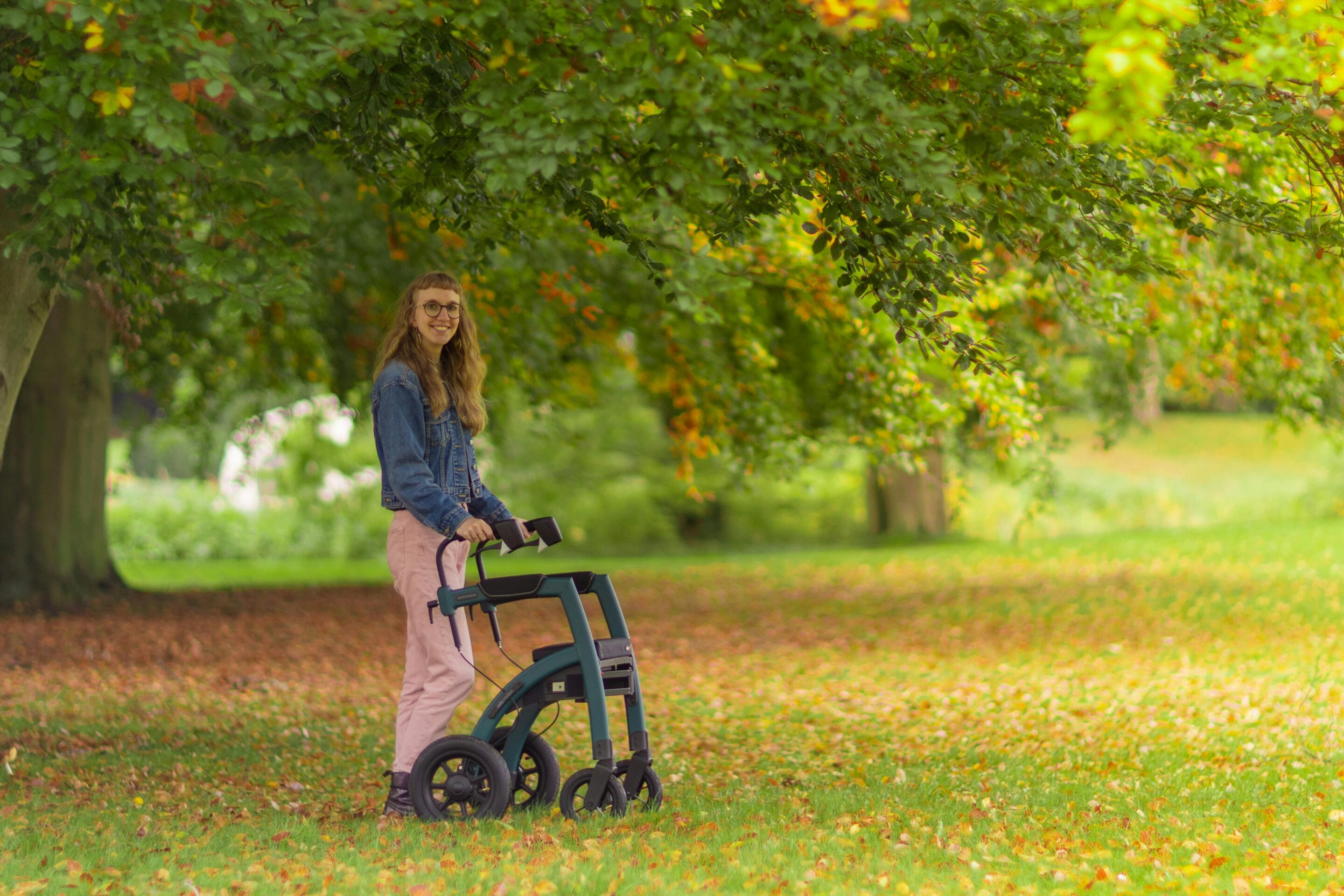Achieving and maintaining sobriety can be a challenging journey, especially for those residing in Phoenix, Arizona. However, with the right knowledge and support, it is possible to unlock the secrets to successful sober living in this vibrant city. Whether you are a newcomer to the recovery community or have been on this path for some time, this blog will provide you with five essential tips to navigate the challenges and embrace the rewards of sober living in Phoenix, Arizona.
These tips can help you find local support groups and healthy activities to create a fulfilling life in recovery. Read on to discover the keys to unlocking a successful sober lifestyle in the desert oasis of Phoenix.















